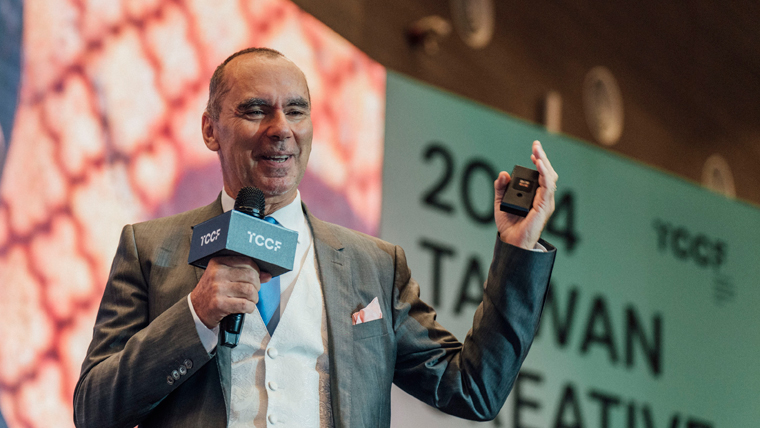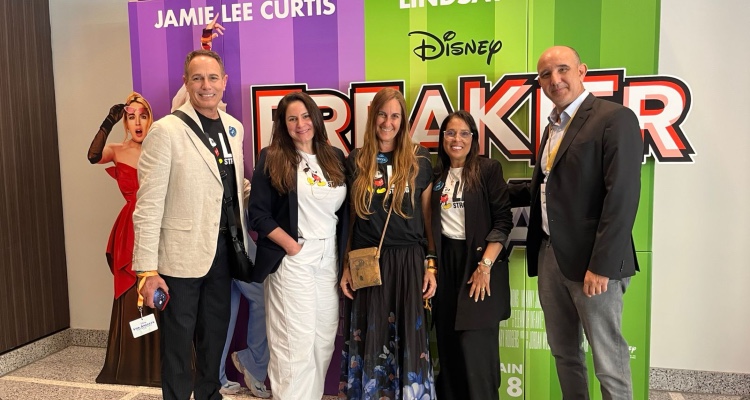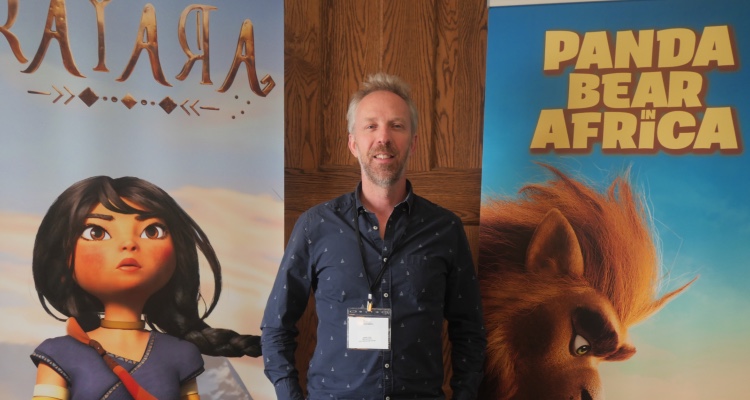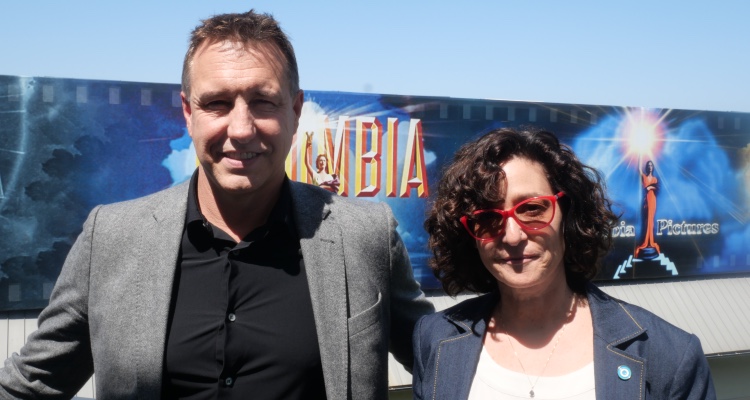At the TCCF 2024 conference, Federation Studios‘ President Pascal Breton shared his vision of a rapidly transforming global media landscape, marked by an evolving mix of challenges and opportunities for content creators, distributors, and audiences alike. Emphasizing the need for adaptability, Breton highlighted how globalization, digital transformation, and shifting audience demographics are reshaping the way stories are told, shared, and monetized.

Navigating Changing Audience Expectations
Breton underscored the importance of recognizing the distinct yet converging preferences across various global regions. With audiences growing more diverse and tech-savvy, especially younger generations who predominantly consume content online, Breton suggested that creators need to focus on crafting universally appealing narratives while embracing cultural specifics that resonate locally. This dual approach allows for greater reach and relevance, helping to bridge global markets with regional authenticity.
«The new digital world demands we remain extremely open to new creators», Breton remarked, adding that engaging this generation involves leveraging new technologies and distribution platforms that facilitate access and foster engagement. He pointed out the challenge of meeting the expectations of audiences who are shifting from traditional television to digital and mobile platforms, making it crucial to offer flexible, high-quality content across formats.
The Role of New Technologies in Production
Breton highlighted the profound impact of technological advancements on content production, specifically referencing innovations like affordable, high-quality cameras and virtual production environments. Such advancements have democratized content creation, allowing a wider range of voices to contribute to the global media landscape. According to Breton, this opens doors for creatives from smaller markets who previously faced prohibitive costs in producing high-caliber shows.
«Technology will allow creators to work more efficiently, shooting in any environment with lower budgets and minimal setup,» Breton stated, emphasizing the new tools’ potential to fuel both independent projects and large-scale productions.
Co-Productions as a Strategy for Growth
Co-productions were another focal point, as Breton stressed their importance for expanding creative horizons and financial viability. Highlighting Federation Studios’ recent collaborations with Taiwanese and European partners, he spoke about how these partnerships allow studios to pool resources and tap into new talent pools, ultimately leading to richer content and shared cultural narratives.
Breton also pointed out that many emerging markets are adopting models that focus on co-financing and joint production. This strategy not only helps studios to diversify their offerings but also mitigates the risks associated with single-market dependencies.
Future-Proofing Content in a Saturated Market
In a media environment flooded with options, Breton noted the urgency for studios to focus on quality and innovation to remain competitive. The production of shorter, highly engaging series, for instance, is one way to cater to the «snackable content» appetite of modern audiences without compromising storytelling depth. He noted that long-form storytelling will still have a place but might evolve with formats that are easier to adapt across different regions and cultures.
«This balance between short-form and long-form content will be key to staying relevant.» Breton explained. «We must be agile, continually exploring new formats and genres that align with changing audience behaviors.»
A Shared Vision for the Future of Storytelling
Closing his talk, Breton emphasized the need for continuous collaboration and innovation, both technologically and creatively, to build the media landscape of the future. He envisions a world where international and local creators work side-by-side, developing content that is both culturally specific and universally accessible. This, he believes, will not only strengthen the media industry but also enrich the shared human experience through diverse storytelling.







